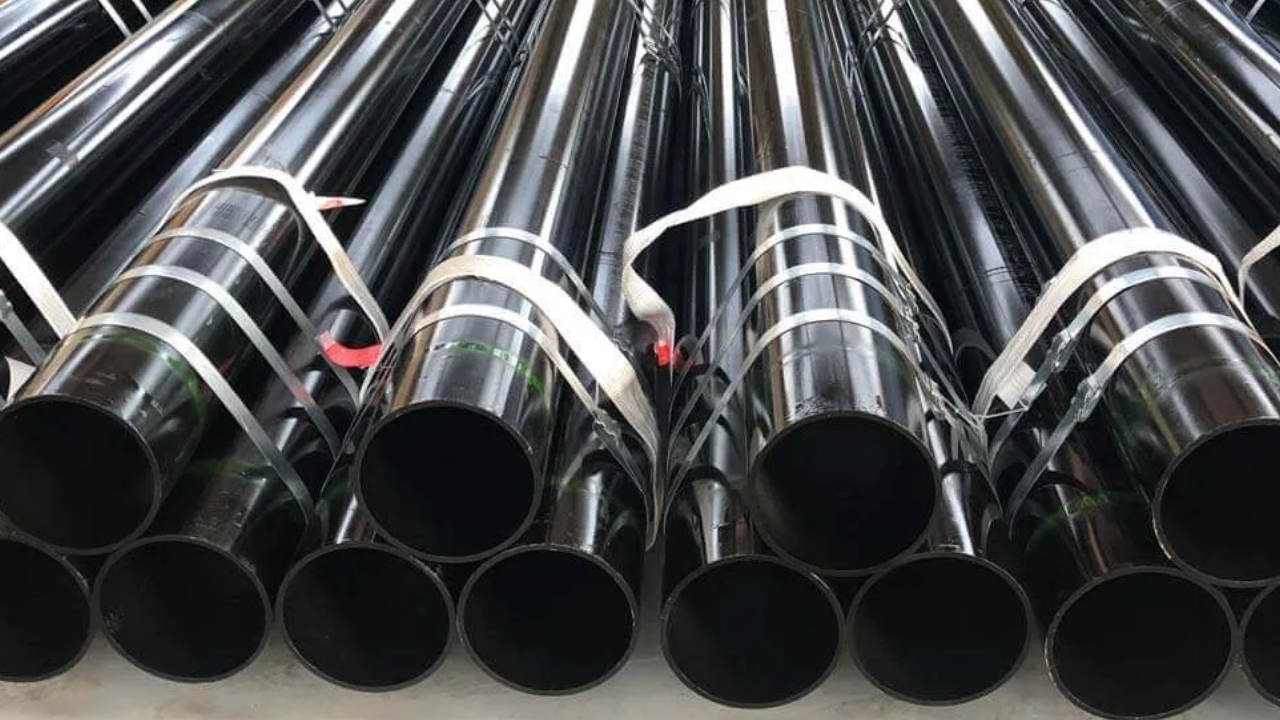For steel pipes to feature nicely in a selection of commercial packages, schedule 80 steel pipe requirements are vital. These specifications address many unique components, which include sizes, trying out requirements, and materials, all of which might be essential to fulfill the worrying necessities of different working situations. Schedule 80 steel pipes are made from numerous metal alloys, percent, and CPVC.
Every material has specific benefits, including electricity, durability, and resistance to corrosion, that meet the needs of various initiatives. Nominal pipe sizes (NPS), which vary in diameter from 1/8 inch to 36 inches, are used to specify length versions. Its adaptability makes it viable to deal with varying fluid float rates, pressure stages, and spatial regulations.
Specifications and Standards for Schedule 80 Steel Pipes
The materials, sizes, and checking out requirements blanketed by schedule 80 wall thickness steel pipe regulations are critical for the ramifications of business programs. In extreme settings, these standards assure steel pipes' overall performance, best, and dependability.
Materials
A variety of materials are used inside the manufacturing of schedule 80 steel pipes if you want to satisfy mission-specific specs. Polyvinyl chloride (p.c), chlorinated percent (CPVC), and other metal alloys are examples of common substances. Due to their cost, resilience to corrosion, and longevity, percent and CPVC pipes are widely used. Because of their exceptional electricity and resilience to temperature modifications, steel alloy pipes, like the ones made from carbon and chrome steel, are suitable for excessive-pressure and high-temperature settings.
Diameters
To meet a ramification of plumbing requirements, schedule 80 steel pipes are provided in a vast variety of diameters. The requirements for schedule 80 steel pipe cover an expansion of materials, diameters, and check-out stands. Nominal pipe sizes (NPS), which range in diameter from 1/8 inch to 36 inches, are used to specify these sizes. Space limitations, pressure necessities, and fluid flow rate are only a few of the variables that affect pipe size picks. Fashionable sizing makes setup and protection less complicated and guarantees compatibility with present-day plumbing structures.
Testing Standards
To assure adherence to industry standards and legal guidelines, agenda 80 steel pipes go through thorough testing. Several attributes, including dimensional correctness, mechanical strength, chemical composition, and corrosion resistance, are assessed using these exams. Steel pipes' niceness and dependability underneath harsh running situations are guaranteed by way of adherence to checking out standards like the ones set with the aid of ASME (American Society of Mechanical Engineers) and ASTM (American Society for Trying Out and Materials).
General Lengths
The standard lengths of schedule 80 steel pipes are typically between 21 feet and 6.4 meters. Pipe dealing with, installing, and transit on constructing websites are made less difficult using these traditional lengths. Moreover, bespoke lengths may be supplied according to assignment specs, allowing correct pipe system fitting and alignment.
Final Remarks
In summary, a wide variety of materials, diameters, and checking out necessities are blanketed using schedule 80 steel pipe specifications as a way to satisfy the diverse necessities of business packages. In hard settings, schedule 80 steel pipes to offer dependable overall performance, longevity, and durability even when carrying gases, liquids, or solids. These pipes guarantee the integrity, safety, and effectiveness of piping systems in a spread of sectors with the aid of upholding strict specifications and requirements.

